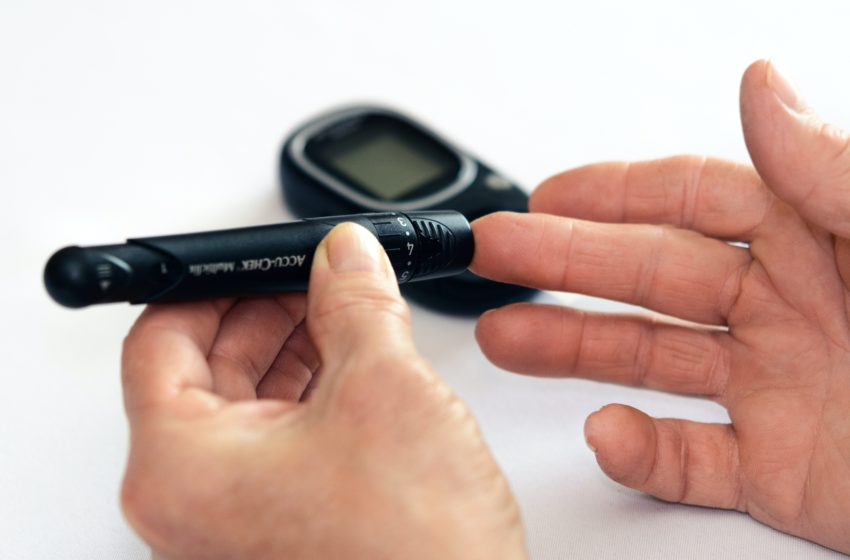Diabetes – How to Diagnose & Treat It

If you have the risk factors for developing diabetes or if you happen to have high blood sugar levels, your doctor may ask you to get yourself tested for diabetes. Getting diagnosed typically begins with either one of the tests below:
– A fasting glucose test
– The A1c test
– An oral glucose tolerance test
Your healthcare provider may also suggest you do a zinc transporter 8 autoantibody test. This test, when done along with other tests, can help your healthcare provider determine whether you have type 1 diabetes. Typically, doctors have you perform the zinc transporter 8 autoantibody test since it can help with timely diagnosis and treatment.
Diabetes Treatments
Diabetes is a serious condition that you cannot hope will go away on its own. You need to consult a doctor, who will create a diabetes treatment plan that is meant for you. You may also need to consult other healthcare professionals like a foot doctor, eye doctor, nutritionist, and diabetes specialist.
Your doctor will require you to keep a close eye on your blood sugar levels with a combination of exercise, medications, and diet. By paying attention to what you eat, you can minimize the effect of rapidly changing blood sugar levels.
Drugs for Diabetes
If you have type 1 diabetes, your pancreas essentially doesn’t make the insulin that your body requires. Given this, you will need to get insulin shots. Learning how to give yourself a shot may seem daunting but it is essential and a lot easier than you may think.
If you have type 2 diabetes, the drugs you are prescribed will work in a different way to get your blood sugar level back to normal. Some drugs may boost the production of insulin by your pancreas, while other drugs may decrease how much sugar is absorbed by the intestines. Certain drugs may also decrease how much sugar is produced by the liver and increase your insulin resistance. There are various types of drugs for type 2 diabetes, and your doctor will prescribe a medication that is right for you.
Nutrition and Exercise for Diabetes
People who have diabetes should focus on having a balanced diet, so you’ll want to work with a dietitian to set up a meal plan. It’s also important that you exercise regularly – check with your healthcare provider before you begin any exercise routine. Exercise can help lower blood sugar levels and improve the way your body uses up insulin.


